The three years of the COVID-19 epidemic resulted in a major hit to the international education program at Beijing Jiaotong University's College of International Education, according to Liu Yanqing, the school's dean.
She noted that the number of international students fell from about 2,300 in 2019 to around 1,300 last year. Moreover, most short-term exchange programs were suspended due to China's travel restrictions, she said.
However, she is confident that international students will soon return to the school's campus, and the number will return to pre-epidemic levels within two years.
Most of the international students at the university come from countries in Asia and Africa, she said. Some have parents who are diplomats or businesspeople who are highly optimistic about China's development.
Others come because China offers affordable education, while studying in the country can help them find good jobs, she said.
According to the Ministry of Education, the number of international students reached a record of 492,000-plus in 2018, with 52 percent studying for bachelor's or postgraduate degrees.
Liu said the number of international students will probably not rise too high as the country tries to improve the quality of the courses it offers them and focuses more on students who are pursuing degrees.
While there has been some criticism of the quality of China's international education programs, Liu said they are simply part of the sector's "growing pains".
Some less-famous universities that wanted to improve their performance in internationalization had lowered enrollment requirements for international students and were less strict in managing them, she said.
In 2018, the ministry issued a guideline that prioritized the quality of international education, rather than simply focusing on student numbers.
In recent years, changes have taken place in the management of international students at China's better-known universities.
The measures have resulted in a management system similar to the one that oversees their Chinese peers, so they are held to the same strict standards, Liu said.









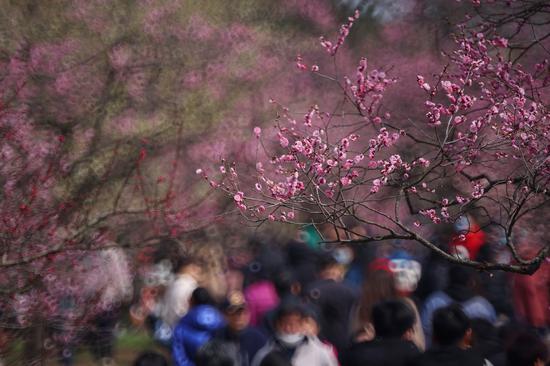
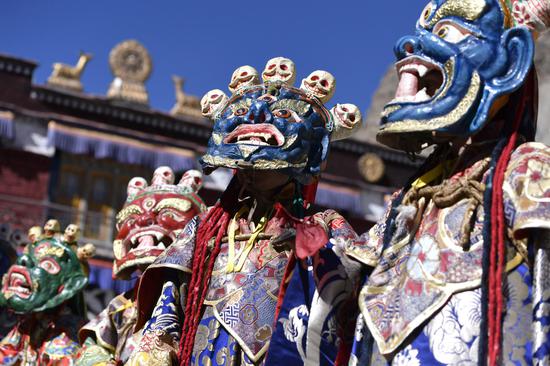

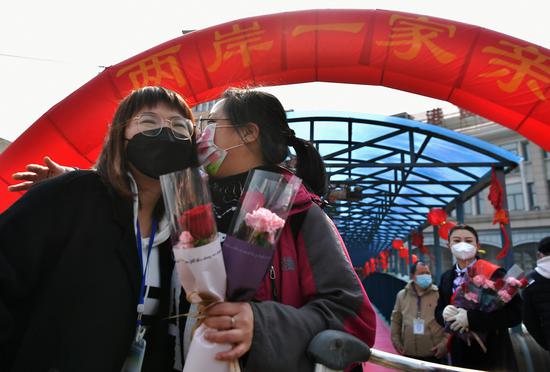
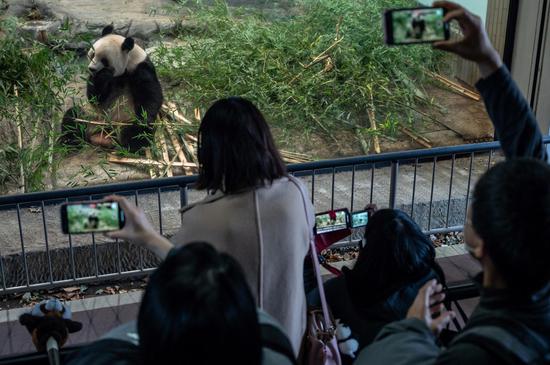
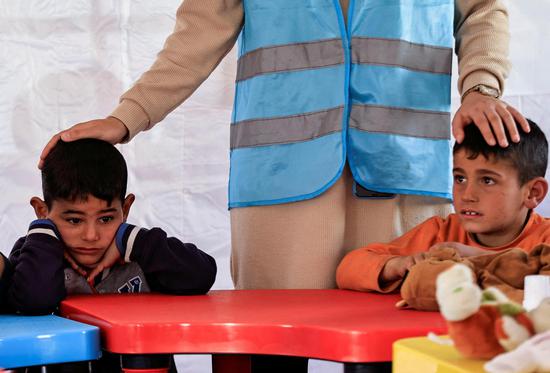











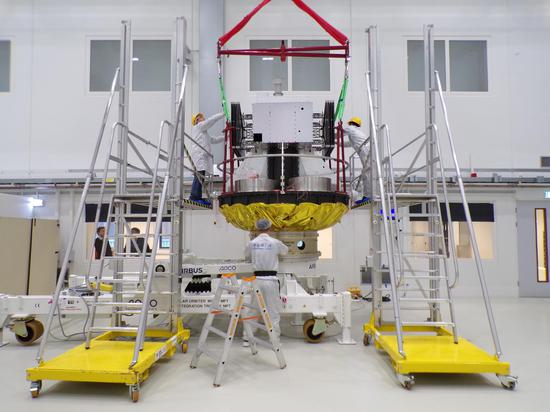
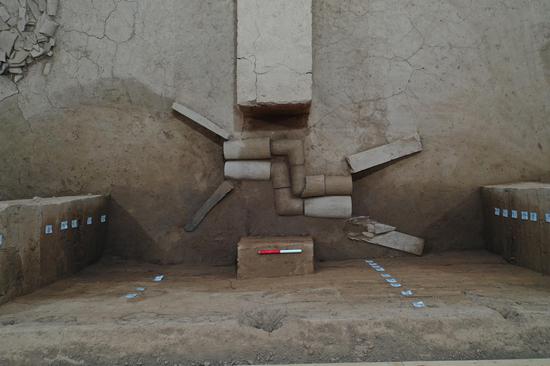
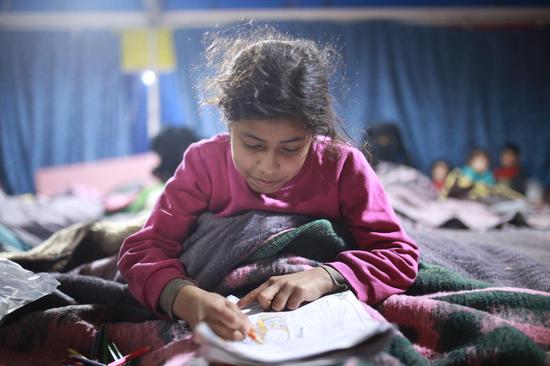
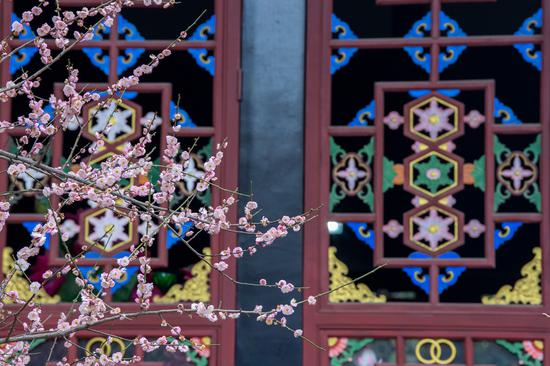

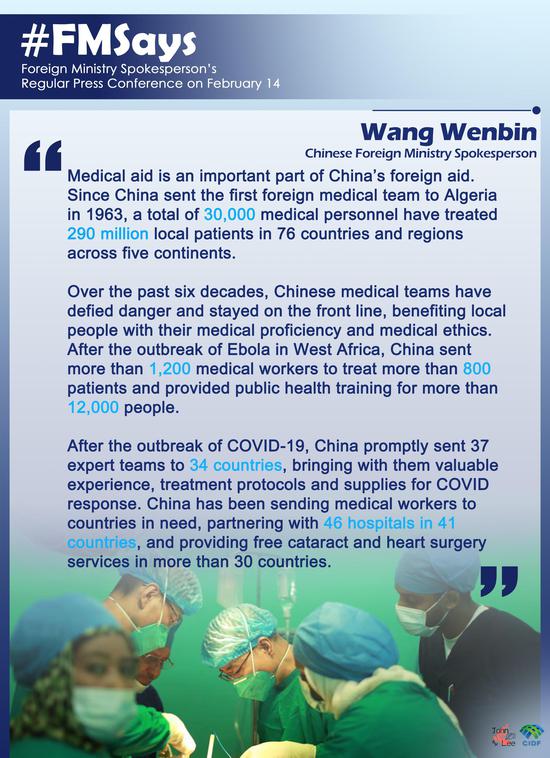
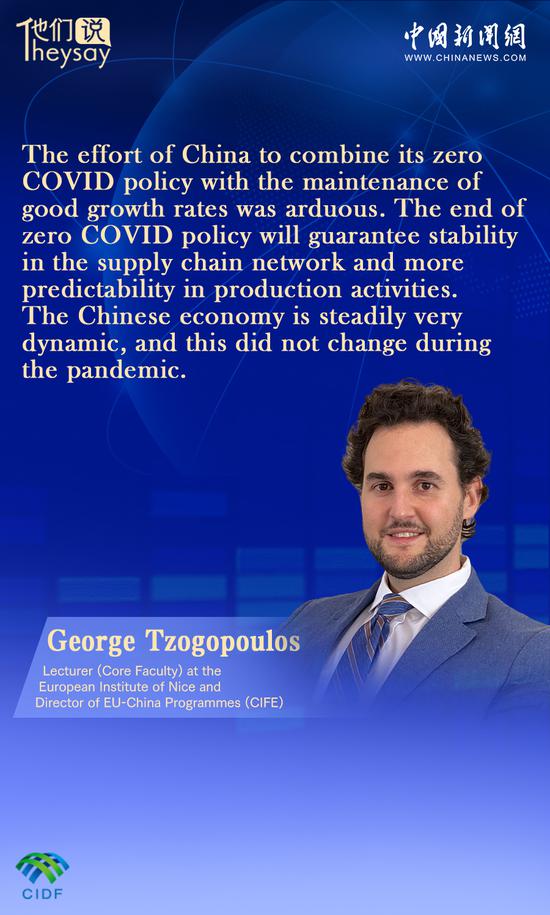
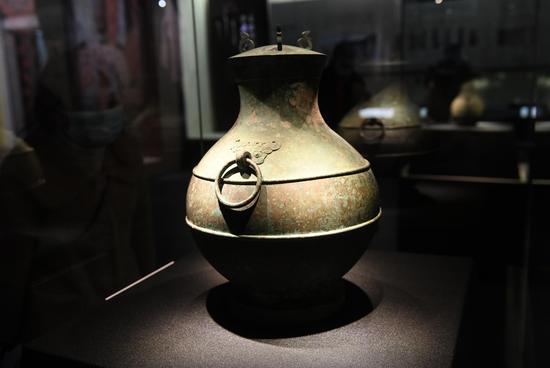

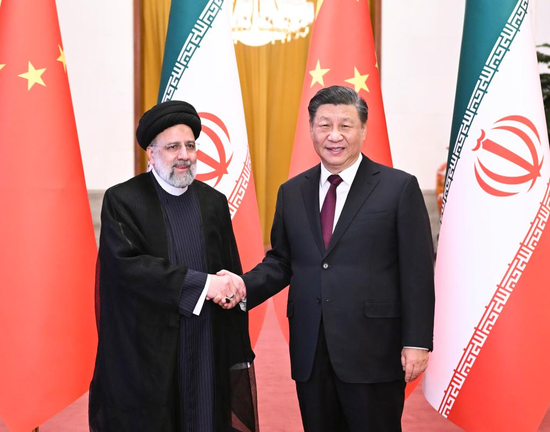



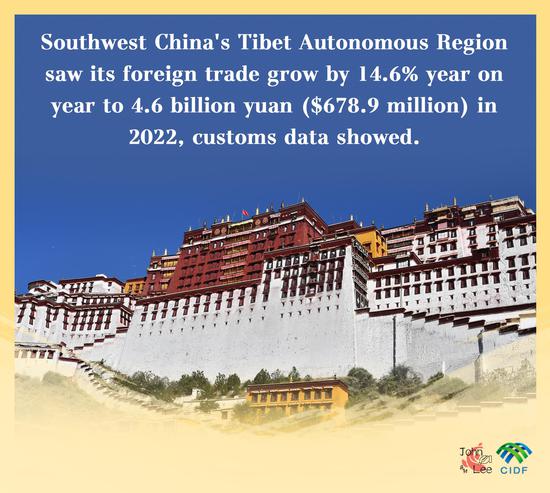

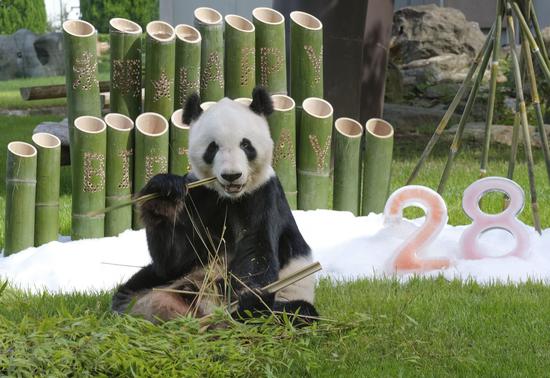
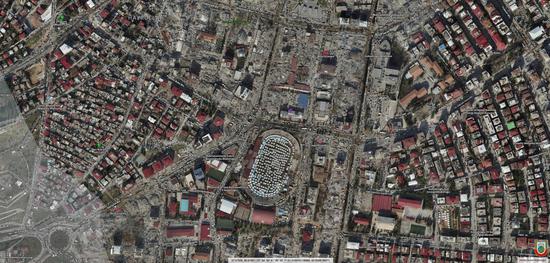







 京公网安备 11010202009201号
京公网安备 11010202009201号